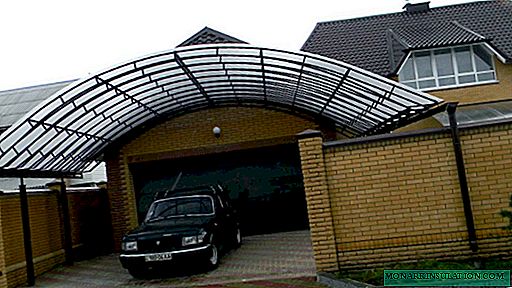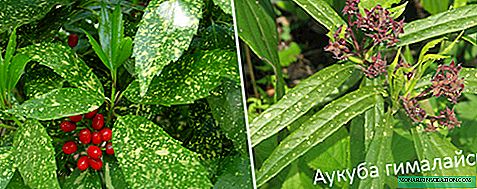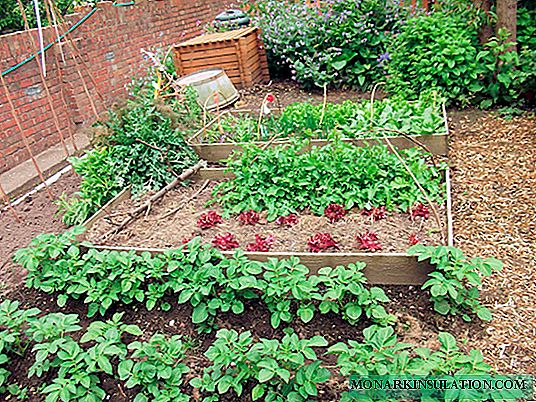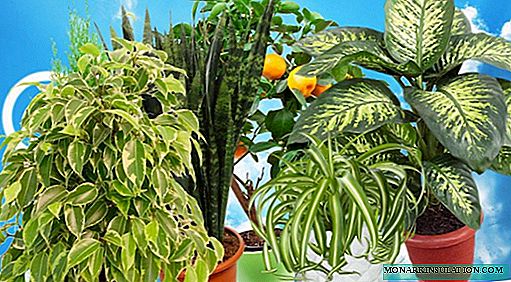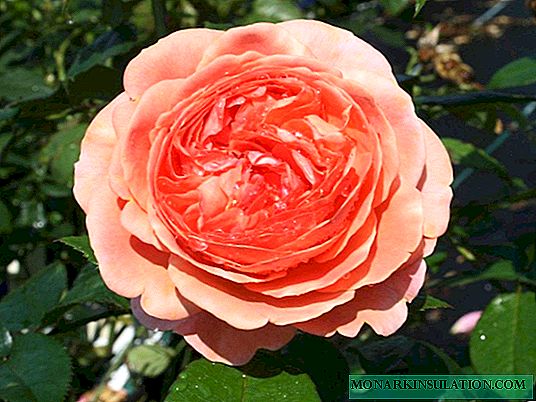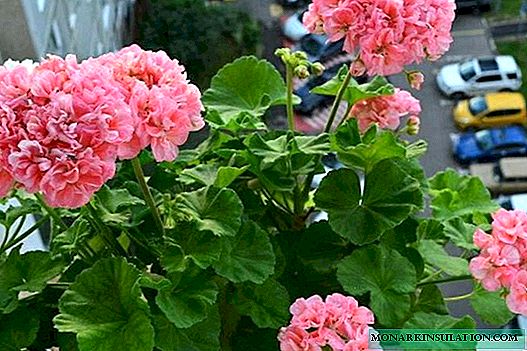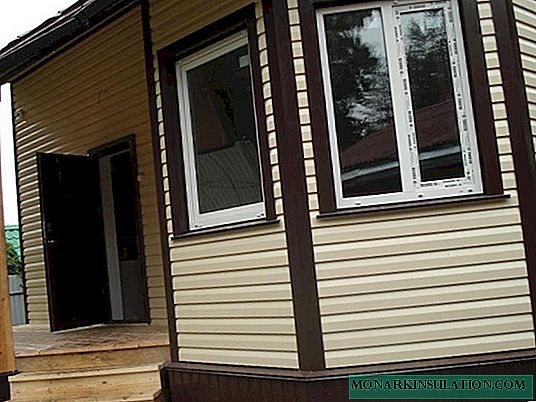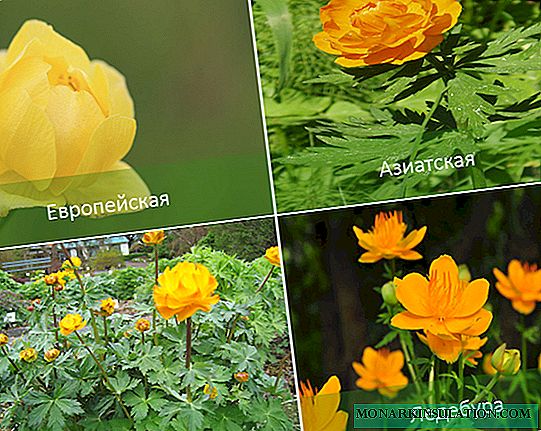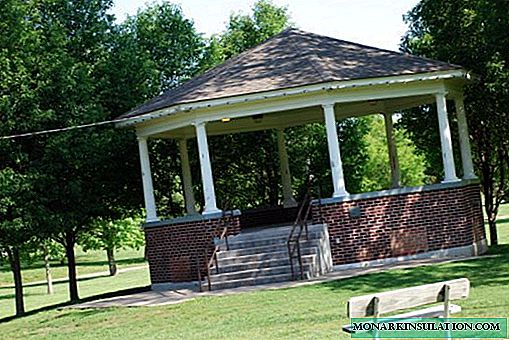A stunningly beautiful plant with soft pink lush flowers, the pelargonium of Sutarve Klara San, is often grown in summer cottages, in rockeries, next to the Alpine slides. Unpretentious in the care of the plant belongs to the group of zonal pelargonium.
Grade description
Pelargonium Sutarves Klara San was selected in 2016. It has terry flowers of high decorativeness, due to the small number of petals the bud is not fully opened.
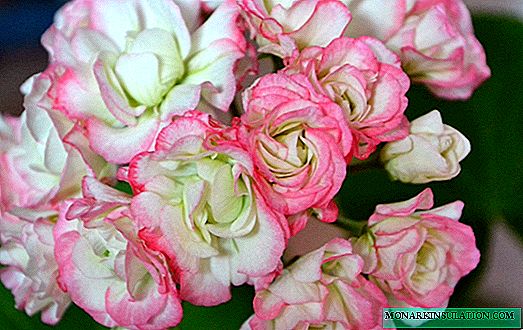
Pelargonium Sutarve Clara San - the ideal plant for true romantics
Grade Features:
- Inflorescences in shape resemble roses. The petals are pink, the middle is light green. Diameter - 3 cm.
- The buds are collected in inflorescences.
- The leaves are large, saturated green color. Each rounded leaf is located on its own long leg.
- Flowering continues from March to early November.
- Fast growth, over a year the plant develops to an adult shrub.
Note! The more light at the landing site of pelargonium or geranium, the more bright and saturated the pink petals will be.
Similar varieties
Some other decorative varieties belonging to geraniums are similar to Klara San's pelargonium.
- Sutarves Anna Sun
This is another zonal pelargonium. Anna Sun is a bush up to 35 cm high, but very neat. Terry pale peach flowers are collected in a decorative inflorescence.
- Sutarves nada k
A distinctive feature of the variety is terry snow-white flowers with a light pinkish spraying. Pelargonium flowers Sutarve Nadia K up to 3 cm in diameter, collected in inflorescences.
The bush is compact, does not lose shape even without constant formation. The leaves are deep green.
- Sutarves Igor
This kind of pelargonium is distinguished by elegant mottled petals. Snow-white flowers are decorated with pink trim and dots. The leaves are elegant, bright lime.
For reference! There is another similar variety, which by the way does not belong to the Sutarves variety. Such a flower is Pelargonium Alpenbloss Fischer.
Landing and transplanting
The plant is unpretentious, but it is important to ensure normal care.

For the growth and flowering of pelargonium, it is necessary to create optimal conditions for the plant
Seat and pot selection
Pelargonium variety Sutarves Klara Sun needs natural light, so they place the plant on the south or southeast side.
However, in the summer it is important to create openwork shading for the flower in order to protect it from direct sunlight.
A suitable pot diameter is approximately 2 cm larger than the crown projection. If you choose a larger capacity, the plant will spend a lot of energy on the development of the root system, and not growth and flowering.
Note! The pallor of foliage of pelargonium will tell about the lack of light.
Soil selection
Almost any soil is suitable for Sutarve pelargonium, but the drainage layer of crushed brick, expanded clay is important. This is the prevention of waterlogging.
A slightly acidic or neutral soil is suitable. You can prepare the substrate yourself by mixing sheet soil, sand, humus and sod in equal proportions.
Step-by-step landing process
It looks like this:
- The tank is filled with drainage and substrate, then moistened.
- Seeds are placed on the ground at a distance of 4 cm from each other.
- Carefully deepen by 0.5 cm and sprinkle with earth.
- Moisten gently from a spray bottle.
- Wrap the container with plastic wrap to create a greenhouse effect.
After about 10 days, sprouts will appear. After that, the film is removed, and the container is placed closer to the light source.
Further care
In order for the plant to please with elegant flowering, it is important to provide it with good care.

Pelargonium Clara San will be the pride of any grower
Temperature mode
The optimum temperature for this sort of pelargonium is from +18 to +24 degrees, it is in such conditions that growth and beautiful flowering can be expected.
Watering and spraying, humidity
Pelargonium is afraid of waterlogging of the soil, but excessive dryness is terrible for it. Watering is done as the soil dries, it is recommended to spray from the spray gun daily in the summer, in the early morning. And in autumn, winter and early spring - not more than once a week.
To maintain optimal humidity for the plant, air is sprayed next to it.
Loosening
Careful loosening of the soil is useful after each irrigation, it contributes to the flow of oxygen to the roots.
Top dressing
In spring, the soil is enriched with a composition containing nitrogen. During the period of budding - potassium-phosphorus complexes. Late autumn and winter suggest the abandonment of the use of fertilizers.
Note! Organics for pelargonium is harmful because it provokes root rot.
Pruning
The main task is to make the bush compact and neat. To do this, the tip is nipped, it should be done in early spring. They work with a sharp knife, slices are disinfected with brilliant green.
How to breed
There are two ways of reproduction - seed and cuttings.
Seeds are sown in January in nutrient soil. It is important that the temperature does not drop below +23 degrees. After the appearance of two leaves on the seedlings, they pick.
The most popular breeding option is cuttings. The upper shoots about 8 cm long with 2-3 leaves are cut from the mother bush. The cutlery is placed with a lower cut into a growth stimulator, then placed in a nutrient ground for rooting.
Growing problems and pests
The main pests: whitefly, spider mite, aphids. Insects are cleaned by hand or insecticides are used.

An unpretentious flower of increased decorativeness - this is what the amazing pelargonium of Sutarve Klara San
The most dangerous disease is root rot. The reason is excessive watering. It cannot be treated, the plant will have to be disposed of.
If the leaves on the plant begin to crumble - this is a signal that its soil is poor, additional nutrition is required.
Such is the tender pelargonium of Sutarve Klara San, a beautiful plant, ready to become a worthy decoration of any interior.

